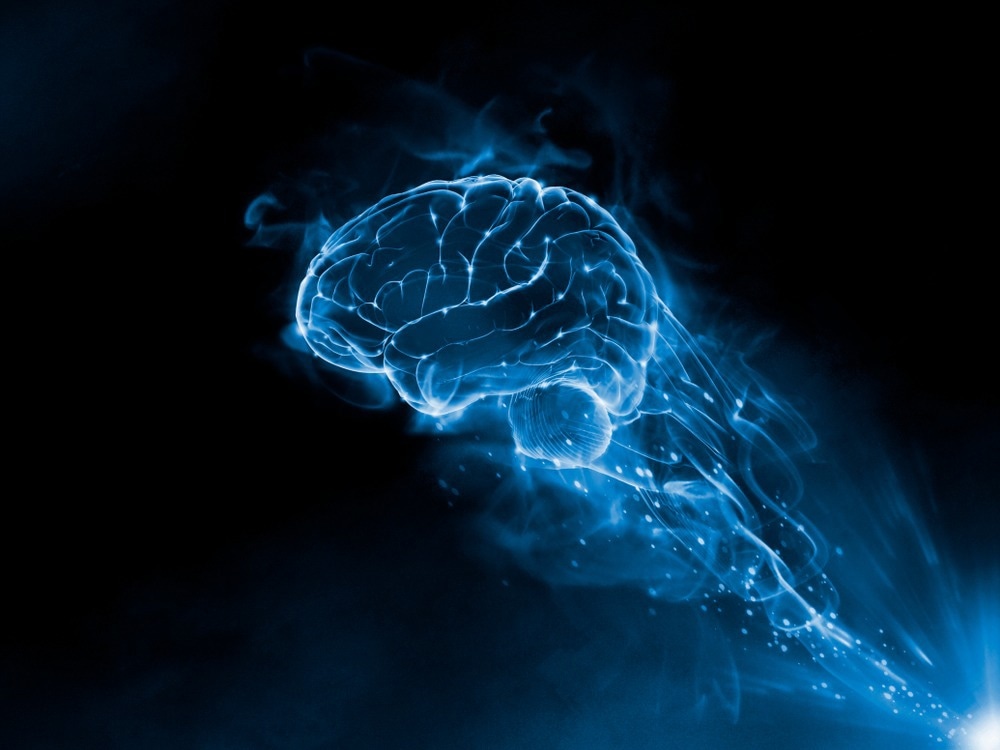Reviewed by Danielle Ellis, B.Sc.Mar 1 2023
According to Johns Hopkins University scientists, a “biocomputer” fueled by human brain cells could be created within this lifetime. Such technology is expected to tremendously enhance the capabilities of modern computing and develop novel fields of study.

Image Credit: Doitforfun/Shutterstock.com
The team describes their strategy for “organoid intelligence” in the journal Frontiers in Science.
Computing and artificial intelligence have been driving the technology revolution, but they are reaching a ceiling. Biocomputing is an enormous effort of compacting computational power and increasing its efficiency to push past our current technological limits.”
Thomas Hartung, Professor, Environmental Health Sciences, Bloomberg School of Public Health and Whiting School of Engineering, Johns Hopkins University
Thomas Hartung guided the research.
For around 20 years, researchers have been using tiny organoids, lab-grown tissue that looks like fully grown organs, to test kidneys, lungs, and other organs without resorting to human or animal testing.
Recently Hartung and co-workers at Johns Hopkins have been concentrating on brain organoids, orbs the size of a pen dot with neurons and other attributes that guarantee to retain basic functions like learning and remembering.
This opens up research on how the human brain works. Because you can start manipulating the system, doing things you cannot ethically do with human brains.”
Thomas Hartung, Professor, Environmental Health Sciences, Bloomberg School of Public Health and Whiting School of Engineering, Johns Hopkins University
Hartung began growing and assembling brain cells into functional organoids in 2012, using cells reprogrammed into an embryonic stem cell-like state from human skin samples. Each organoid contains approximately 50,000 cells, which are roughly the size of a fruit fly’s nervous system. He now plans to use such brain organoids to construct a futuristic computer.
Computers that run on this “biological hardware” could start to ameliorate the energy-consumption demands of supercomputing that are becoming increasingly unsustainable in the next decade. Even though computers process calculations involving numbers faster than humans, brains are far more capable of making complex logical decisions, such as distinguishing between a dog and a cat.
The brain is still unmatched by modern computers. Frontier, the latest supercomputer in Kentucky, is a $600 million, 6,800-square-feet installation. Only in June of last year, it exceeded for the first time the computational capacity of a single human brain—but using a million times more energy.”
Thomas Hartung, Professor, Environmental Health Sciences, Bloomberg School of Public Health and Whiting School of Engineering, Johns Hopkins University
According to Hartung, it could take decades for organoid intelligence to power a system as smart as a mouse. He envisions a future in which biocomputers assist superior computing speed, processing power, data efficiency, and storage capabilities by scaling up the production of brain organoids and training them with artificial intelligence.
Hartung adds, “It will take decades before we achieve the goal of something comparable to any type of computer. But if we don't start creating funding programs for this, it will be much more difficult.”
According to Lena Smirnova, a Johns Hopkins assistant professor of environmental health and engineering who co-leads the investigation, organoid intelligence could also revolutionize drug testing research for neurodevelopmental disorders and neurodegeneration.
Smirnova elaborates, “We want to compare brain organoids from typically developed donors versus brain organoids from donors with autism. The tools we are developing toward biological computing are the same tools that will allow us to understand changes in neuronal networks specific for autism, without having to use animals or to access patients, so we can understand the underlying mechanisms of why patients have these cognition issues and impairments.”
A diverse consortium of bioethicists, scientists, and members of the public have been embedded within the group to evaluate the ethical consequences of working with organoid intelligence.
Source:
Journal reference:
Smirnova, L., et al. (2023) Organoid intelligence (OI): the new frontier in biocomputing and intelligence-in-a-dish. Frontiers in Science. doi.org/10.3389/fsci.2023.1017235.